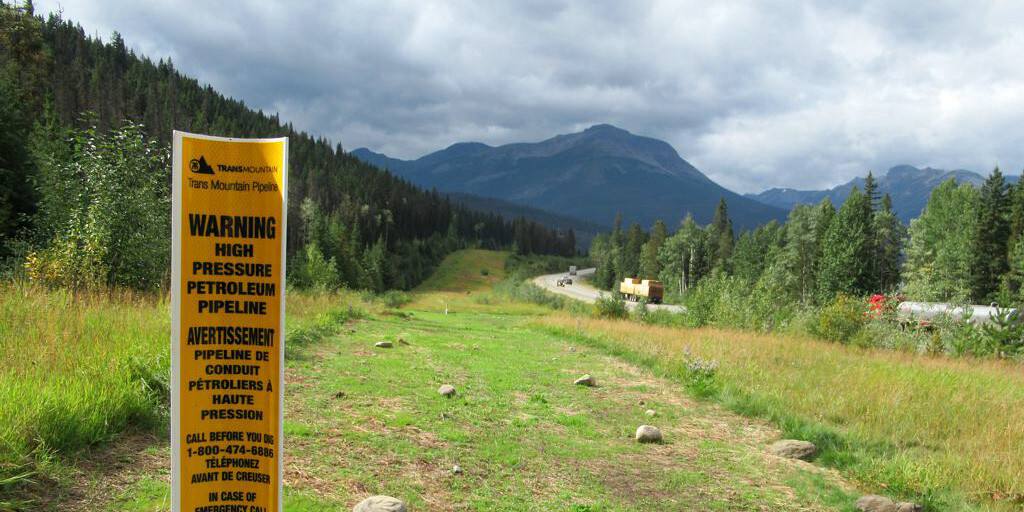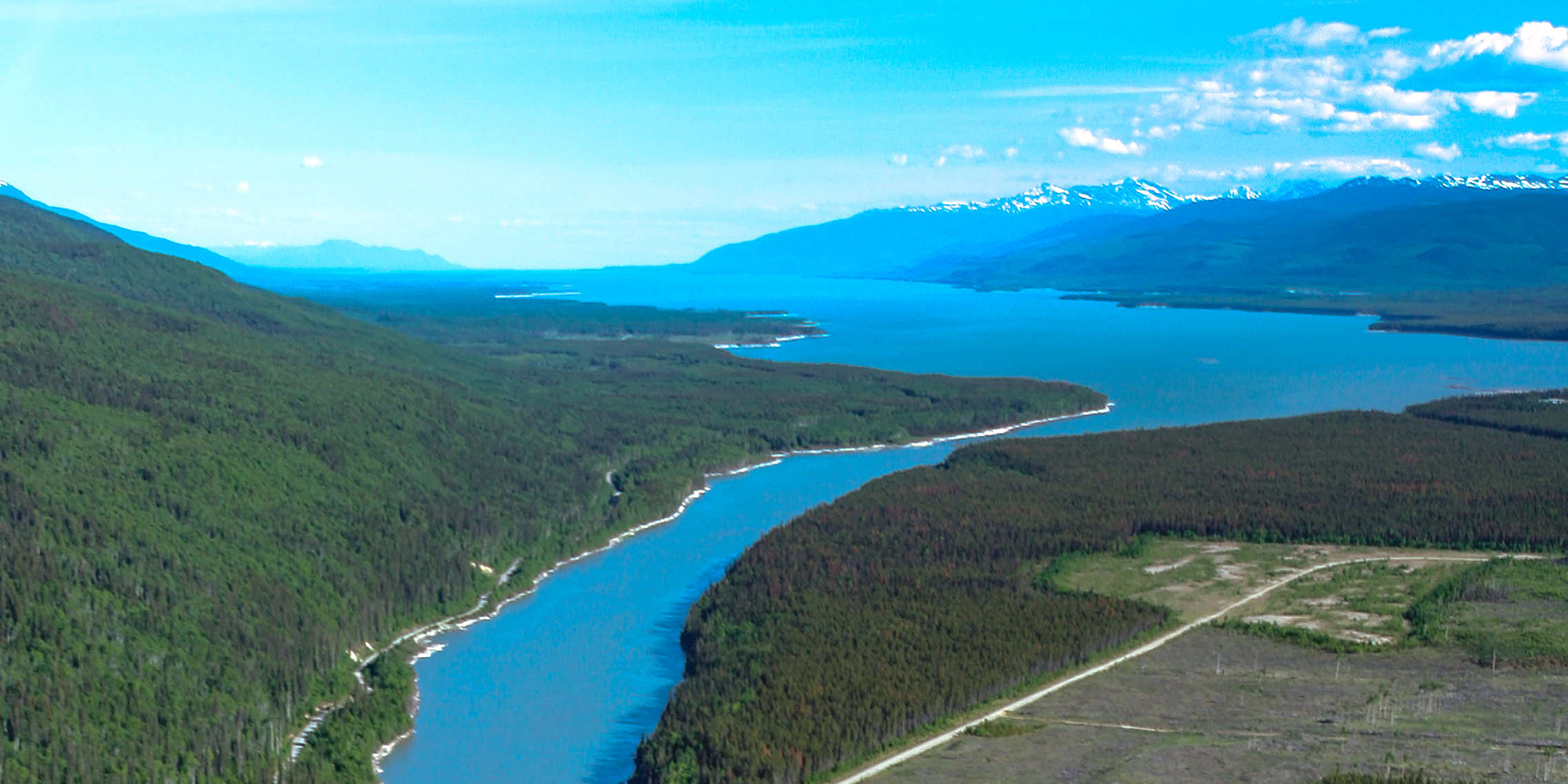Meaningful Consultation with Indigenous Peoples
The announcement on August 30, 2018, that the Federal Court of Appeal had quashed the Trans Mountain pipeline expansion due, in part, to faulty...

Consultation with First Nations is a key issue for First Nations, governments (federal, provincial, and local), and the corporate sector (project proponents). The complexity and importance of consultation with First Nations is supported by interpretation of law by Canadian courts (see below) as well as by international institutions.

The duty to consult rests with the Crown but in practical terms is left up to the proponents – those that do it well and respectfully generally advance relations and sign Impacts and Benefits Agreements and enjoy mutually beneficial relationships. Those that do not do it well quite frequently end up with their projects tied up in costly legal proceedings, negative media campaigns and/or direct action. It’s a very positive sign that the randomness of consultation is slowly disappearing.
First Nation Consultation Guidelines
First Nations are increasingly developing their own guidelines for consultation which provide invaluable clarity for all involved. These guidelines establish their expectations, policies and practices for governments and the corporate sector to follow when consulting with the Nation.
When a First Nation develops consultation guidelines it ensures that their constitutional rights are respected as defined by the Supreme Court of Canada, and that consultation regarding projects on their land is conducted in accordance with their priorities and principles.
For example, the Simpcw First Nation Council has developed, and made available on their website, the Simpcw Consultation and Accommodation Guidelines for the Crown and Third Parties:
“The Simpcw First Nation Council introduces the Simpcw Consultation and Accommodation Guidelines to the Crown and Third Parties to clearly define the expectations of the Simpcw in relation to proposed activities by the Crown or Third Parties within Simpcwul’ecw and to clearly define the obligations of the Crown and Third Parties.
A. PURPOSE OF THESE GUIDELINES
1. This document sets out the expectations of the Simpcw Signatories with regard to consultation and accommodation by the Crown, industry and other Third Parties that propose to undertake activities and/or make decisions that may infringe upon Simpcw Title and Rights. The Consultation and Accommodation Guidelines are designed to provide a systematic approach to reconciling Simpcw sovereignty with the asserted sovereignty of the Crown in relation to land and resources.” [1]
As each Nation is unique, their individual sets of guidelines will reflect that uniqueness but speaking very generally, you can expect to find all or some of these elements:
How available to the public the guidelines are is up to the discretion of the Nation.
Organizations should make it their business to know if the Nation they want to work with has developed consultation guidelines.
Provincial First Nation Consultation Guidelines
A number of provinces (as far as we can tell Alberta, British Columbia, Manitoba, Ontario, Quebec and Saskatchewan have guidelines – if you know of other provinces or territories, please leave us a note in the box provided below) have developed First Nation consultation guidelines. Generally, these guidelines provide procedures for provincial government departments to follow. Provincial guidelines frequently include sections that provide the legal background on why the corporate sector must consult, explanations of Aboriginal rights, and principles for consultation. Provincial guidelines are readily available online.
The Government of Canada Aboriginal Consultation and Accommodation Guidelines
The Crown has a legal duty to engage in meaningful consultation whenever it has reason to believe that its policies or actions, directly or indirectly, might infringe upon actual or claimed Aboriginal interests, rights or title. In other words, the Crown must act with honour and integrity in its relationships with First Nations – hence the term “honour of the Crown”.
This duty to consult was clarified in the three court cases listed below. These court cases define the Crown’s duty to consult. If you are involved in consultation with First Nations, it is time well spent to make yourself familiar with these decisions and how they impact your business.
Haida Nation v. British Columbia (Minister of Forests), 2004
Taku River v. British Columbia (Project Assessment Director), 2004
Mikisew Cree First Nation v. Canada (Minister of Canadian Heritage), 2005
Indigenous and Northern Development Canada, as representative of the Crown, has developed a four phase set of consultation and accommodation guidelines for departments and agencies.
Corporate Sector Guidelines
A few resource extractive sectors have developed guidelines for their association members. For example, the Canadian Energy Pipeline Association has an Aboriginal consultation framework, and the Association for Mineral Exploration BC has a guide on their website.
[1] Excerpt from the Simpcw Consultation and Accommodation Guidelines (available online)
Subscribe to our monthly Indigenous Relations Bulletin.

The announcement on August 30, 2018, that the Federal Court of Appeal had quashed the Trans Mountain pipeline expansion due, in part, to faulty...

Lyle Viereck was born and raised in Prince Rupert in northern BC. His family heritage includes Creek Indians from Oklahoma, American black slaves,...

May 8, 2013Legislation supports greater involvement for First Nations in consultation process